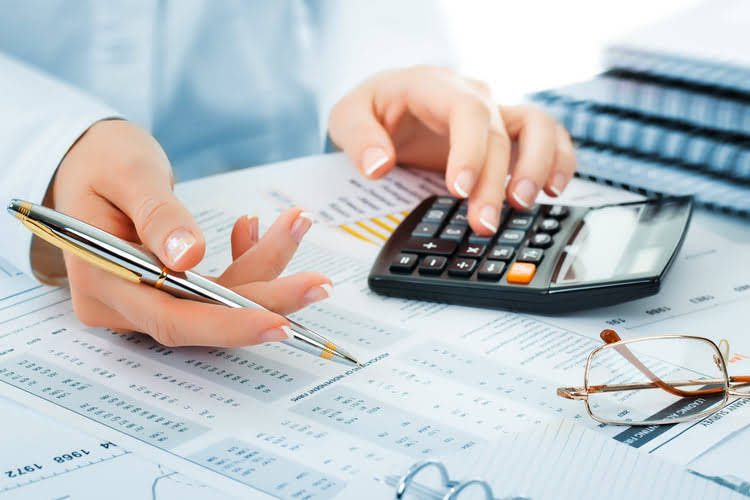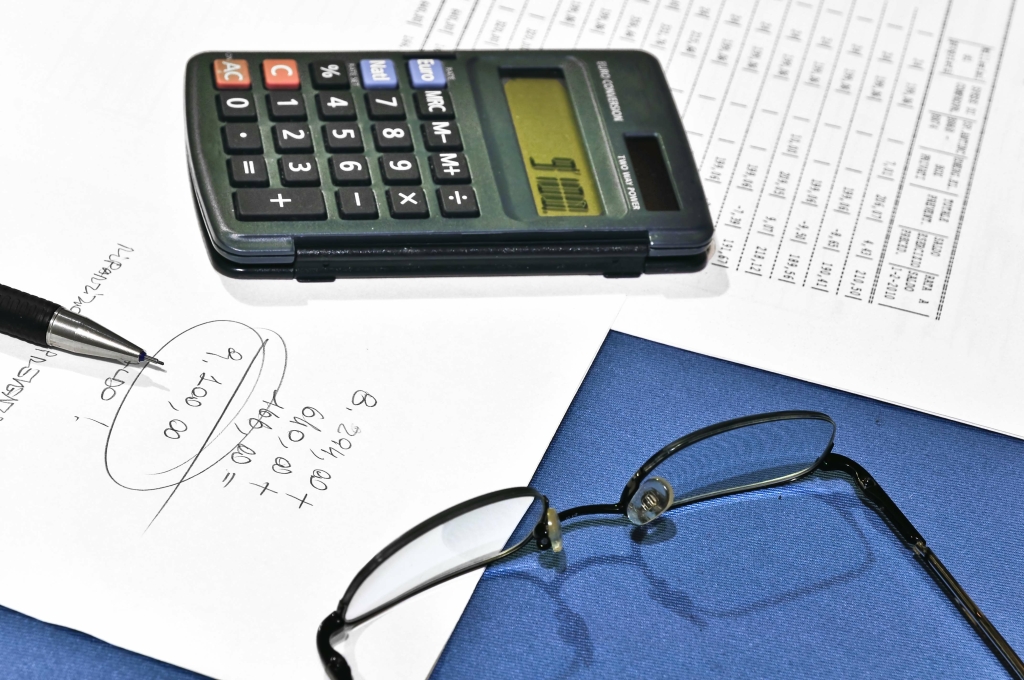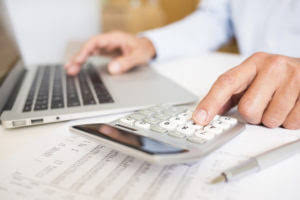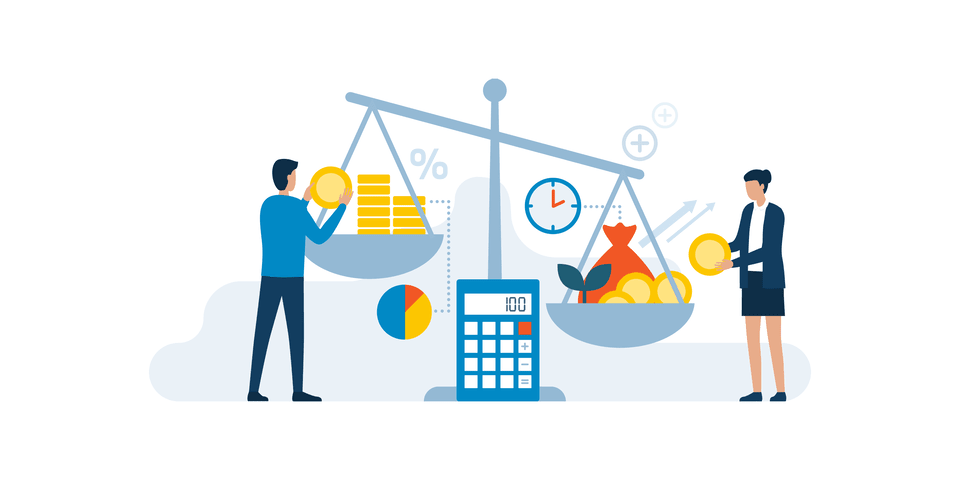
Like any other employed or self-employed person in the UK, sole traders must pay tax on the income they make each year. Income tax applies to your income after allowable expenses have been deducted (i.e., to your Net Profit, not Gross). You receive a tax-free Personal Allowance of £12,570, beyond which you must start paying tax. The rate of tax you pay on your income depends on the amount you make each year.
How long do you need to keep tax records for a business?

As a self-employed business, you are allowed to claim a variety of your annual expenses against your income, before paying income tax. A tax allowance is the amount of income that a sole trader can earn tax-free within a tax year. It sets the threshold for taxable income, with any earnings above this amount being subject to income tax. Your choice in accounting software could mean the difference between sailing smoothly through tax season or hitting choppy waters. In scenarios where you’re scaling up or dealing with complex transactions, you’ll appreciate a tool with more advanced features. Sustaining good financial habits is akin to maintaining a healthy lifestyle.
How to Grow Your Business Organically

Surprisingly, some sole traders have employees just like a small business. However, some may be able to claim employee payments as business expenses. Technically, ‘sole trader’ refers to a business structure that is subject to specific tax requirements. For this reason, it’s important to understand the best practices for financial record keeping for sole traders.
Set aside a % of your profits for tax and National Insurance
One advantage of Zoho Books is the range of business apps available for growing businesses. Xero is another great online accounting software which includes all of the features found in QuickBooks but is more expensive. It also sole trader accounting has a range of features for invoicing and tracking income and expenses.
PAYE and National Insurance
Creating this statement involves identifying all sources of income, such as sales revenue or investments, as well as expenses like rent, salaries, and other operating expenses. A robust cash flow statement allows you to see how much money is coming in and going out of your business retained earnings regularly. Before recording transactions, it is essential to understand debits and credits. Debits are entries made on the left-hand side of an account while credits are entries made on the right-hand side. A debit entry increases assets and expenses while reducing liabilities and income, whereas a credit entry increases liabilities and income while reducing expenses and assets.
- When recording transactions, you must ensure that both sides balance; this means that for every debit entry, there must be an equal credit entry.
- Some folks like to mix it up with a combo of software and old-school pen and paper.
- Your personal assets however are not protected from lawsuits arising from your work or outstanding debts.
- By forecasting your cash flow, you can ensure that you have enough funds to cover your expenses, pay your taxes, and invest in your business.
- A sole trader business using the cash basis will not require a balance sheet.
- In Australia, sole traders are required to pay income tax on their business profits, which is calculated based on their taxable income.
Many sole traders like using Excel as they are already familiar with it and can design spreadsheets around business needs. While it might seem daunting, understanding accounting is crucial for maintaining a healthy financial position for your business. This guide aims to break down the complexities of sole trader accounting into easy-to-understand terms and steps, helping you keep track of your income, expenses, and your business’s profitability. The advantage of going with something like Xero or Quickbooks is that you’ll never be short of people who know how to use it. Some banks like Natwest also support small businesses by giving free access to FreeAgent.
- Retain receipts, contracts, invoices, and other digitally supported evidence.
- If you have started a business or are thinking about starting one, then you will need to decide on a business structure.
- Deductible expenses are business-related costs that sole traders can subtract from their gross income before calculating taxable income.
- QuickBooks allows users to connect their bank accounts so transactions are automatically imported, making it easier to reconcile accounts.
- You may also need to lodge quarterly BAS statements if registered for GST.
Sole trader Bookkeeping FAQs
They act as an intermediary between agents and HMRC where the normal communication channels have broken down. They act as a single point pre-complaints channel to help resolve any ongoing client-specific problems when the usual escalation processes within HMRC have failed. The AAMs mediate with the business area to reach a satisfactory conclusion to issues. High priority issues that are escalated by members of the Issues Overview Group are moved to the Issues Overview Group escalated issues board for management. When updates on issues are obtained, threads are updated on the agent forum and will appear at the top of the list. An overview of the auto coding process was provided to Issues Overview Group members, who then had an opportunity to ask questions and provide feedback.

- This is typically 9% of your profits between £6,475 and £50,000 and 2% of the amount above £50,000.
- Failure to do so can result in penalties and legal issues, which can be costly and time-consuming to resolve.
- There are additional record keeping requirements for limited companies that are not covered here.
- Cloud accounting software is a great tool for sole traders wanting to stay on top of their accounts.
- Individuals may need to declare more than 12 months of profits in 2023 to 2024.
Those with a gross income from these sources over £30,000 will need to do this from 6 April 2027. All sole traders and partners must report their business profits on a tax year basis for the tax year 2024 to 2025 onwards. Keep copies of all tax forms you’ve submitted to the ATO, as well as your tax returns and financial statements. As a sole trader, it is essential to complete an annual Self Assessment Tax Return and submit it to HM Revenue and Customs (HMRC). This process provides HMRC with accurate information about your income and expenses, ensuring you are taxed correctly.
This will make it easier to reconcile bank accounts and create accurate profit and loss statements. It can also help Accounting for Churches you identify potential issues such as bad debt that may need to be written off. The chart of accounts is a listing of all accounts used by your business to record transactions such as revenue earned and expenses incurred. It’s essential that this list accurately reflects your business’s financial activity.
